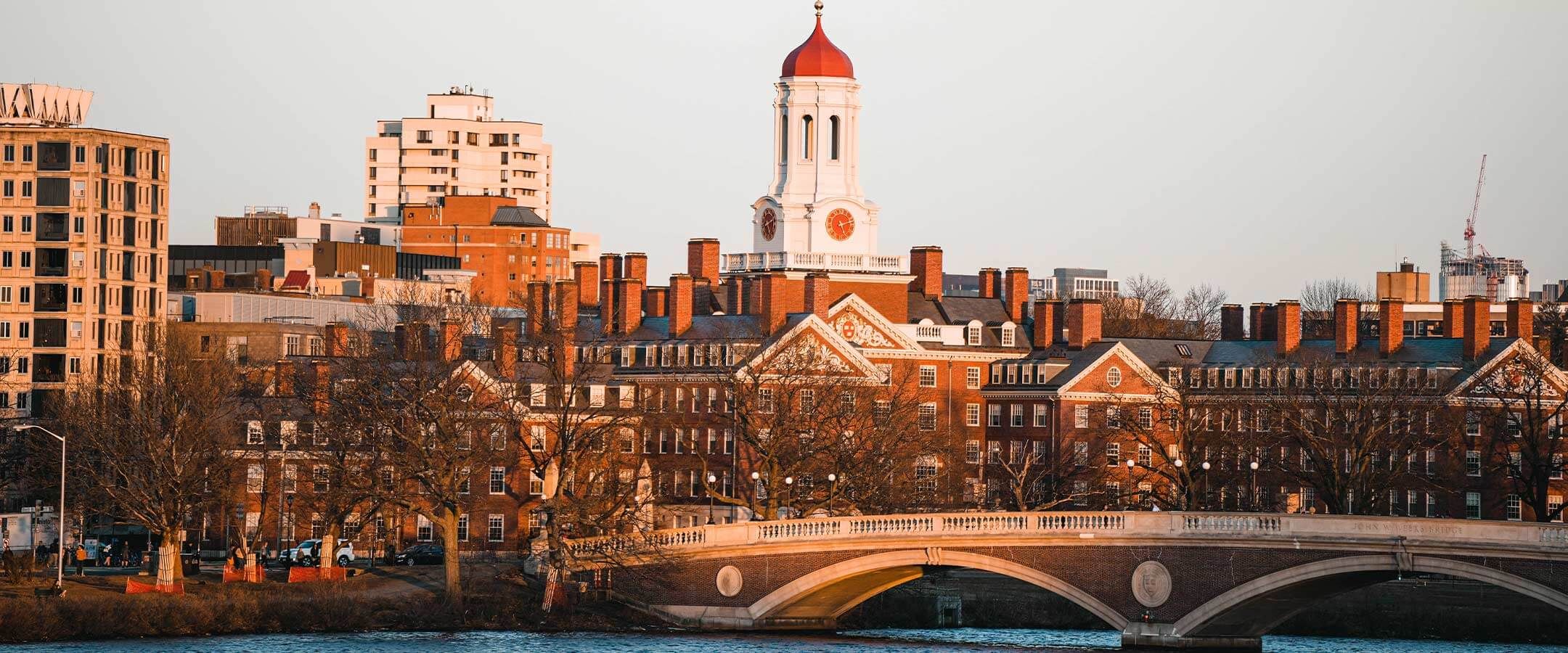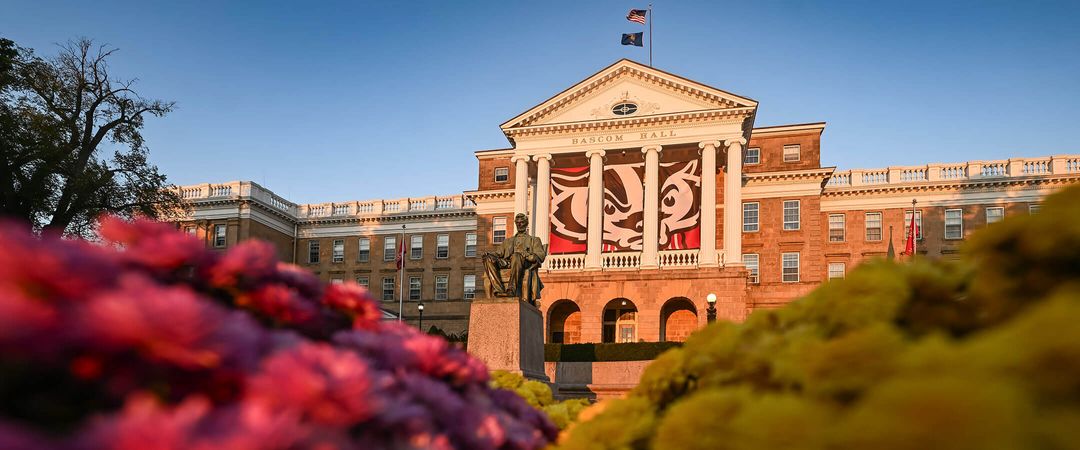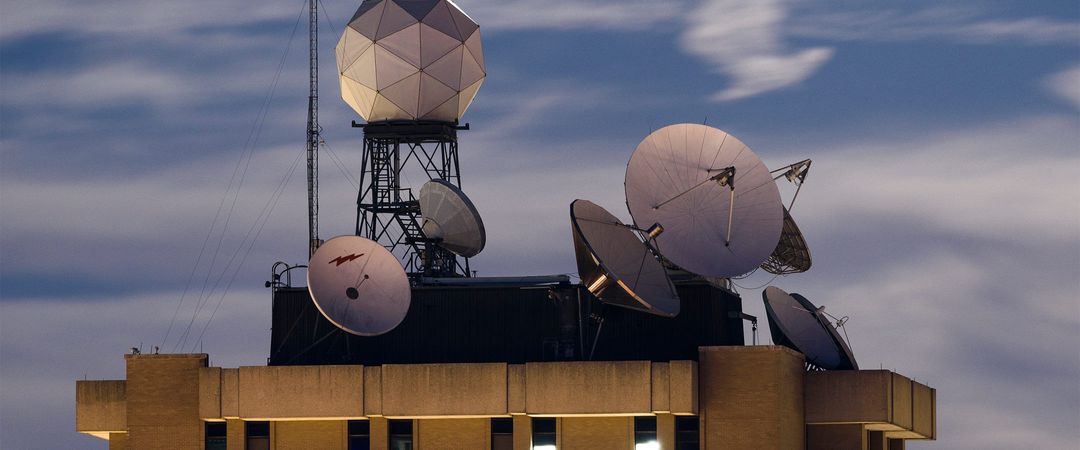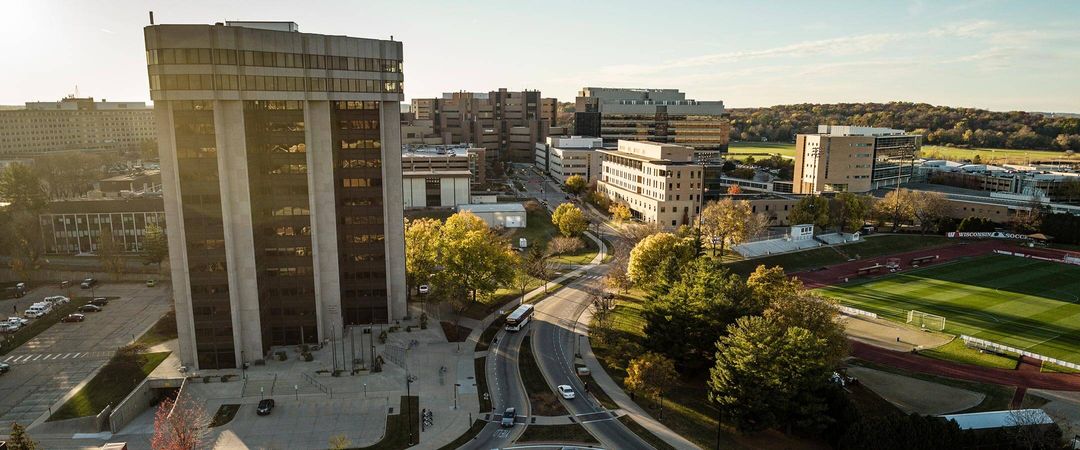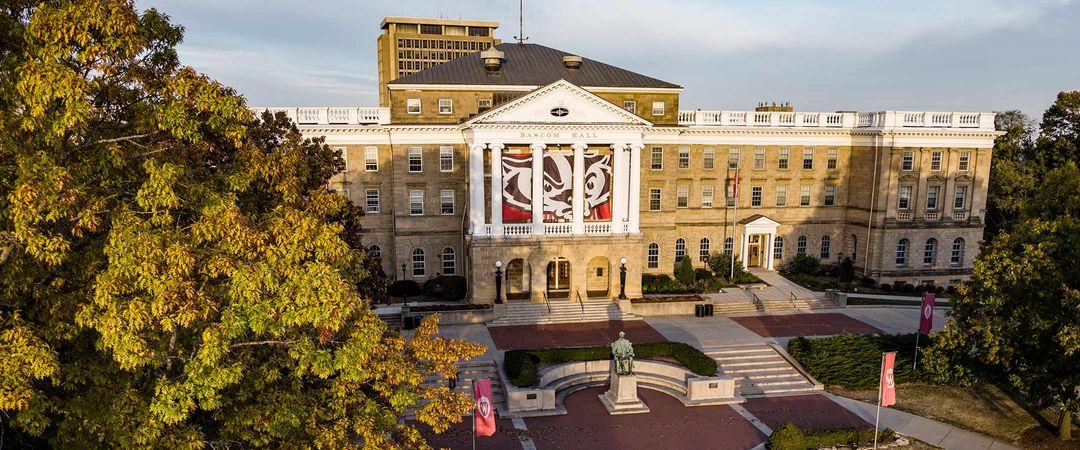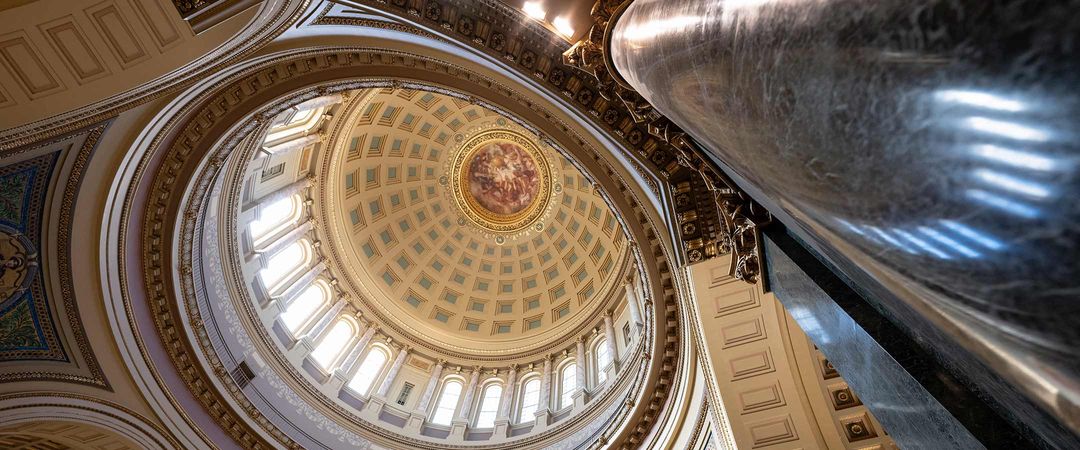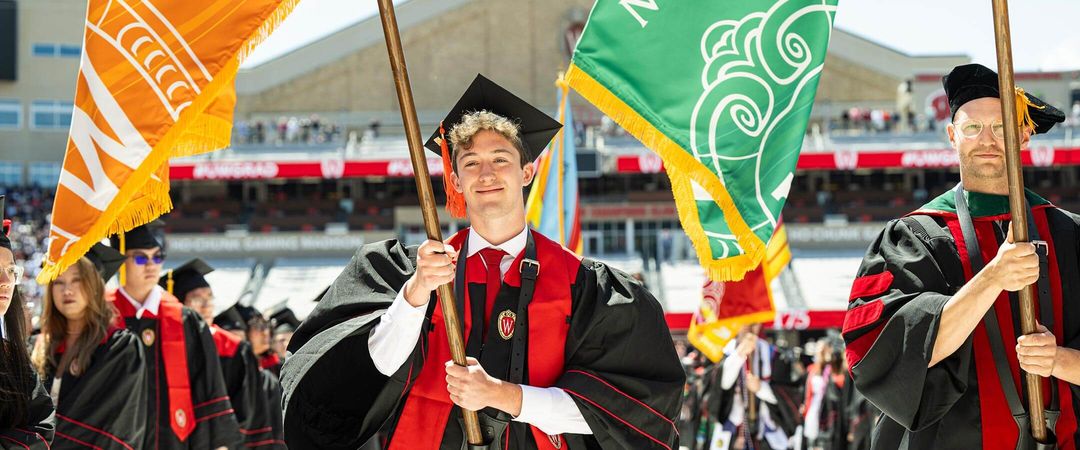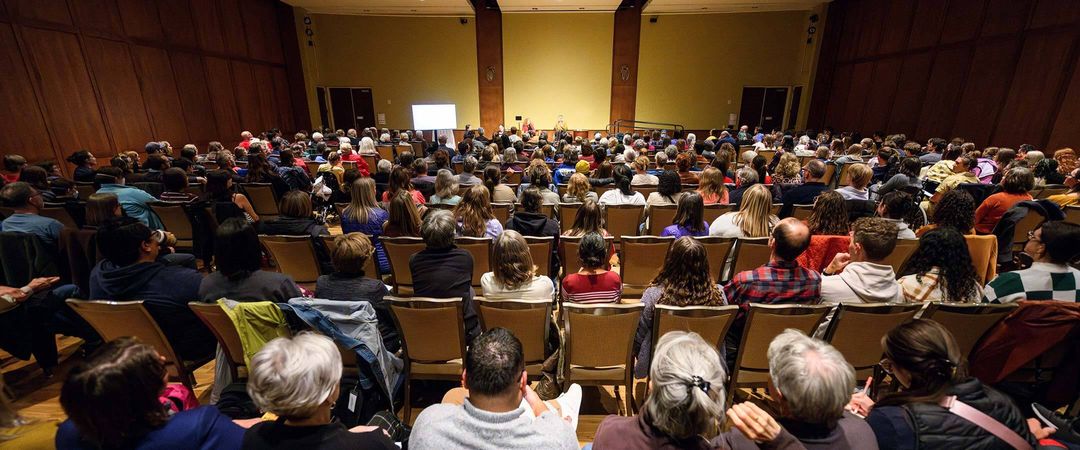Although focused on elite Ivy League universities, the actions have caused concern among higher education institutions across the nation. Many UW alumni have questions about the implications of these actions for UW–Madison. Although both Harvard and the UW operate in the same general environment, the UW has not yet been subject to the same level of oversight, investigations, or scrutiny. Here’s what you need to know about what’s happening at Harvard and how it impacts UW–Madison.
Cuts to Federal Research Funding
The Trump administration accused Harvard University of failing to combat a campus culture of antisemitism. This accusation is primarily rooted in campus protests related to the war in Israel and Gaza. The White House also claims Harvard’s hiring and admissions processes are discriminatory. In a letter to Harvard from the U.S. Department of Education this spring, the Trump administration demanded Harvard make changes to its admissions process, staff recruitment, and campus culture; said it was revoking billions of dollars in federal funding to research; and threatened to end all federal funding to Harvard.
Harvard quickly rejected the changes outlined in the letter and acknowledged that it has work to do as an institution, its president saying, “We resolve to take the measures that will move Harvard and its vital mission forward while protecting our community and its academic freedom.” At the same time, the university called the actions of the government unlawful and ultimately filed a lawsuit to halt the funding freeze. It has created a hub for information on its website, explaining the crucial impact of federal funding on the Harvard campus and across higher education.
The University of Wisconsin is also a global research powerhouse. UW–Madison currently ranks sixth in total research funding among U.S. higher education institutions, reporting $1.7 billion in federal research funding in 2024. In recent months, several federally funded UW projects have been terminated as a result of the Trump administration’s efforts to shape research priorities, prompting a legal response from university leaders. In addition, the broader threat to research on campus is the cap on “indirects,” a form of supplemental funding that is necessary to carry out research at UW–Madison. Campus leaders have explained the impact this could have not only on the work taking place on campus but also on the broader advances in science. Chancellor Mnookin signed a letter from the American Association of Colleges and Universities, along with Harvard’s president and nearly 300 others, calling for “constructive engagement.”
International Student Ban
In late May, the Trump administration issued an order which halted Harvard’s ability to enroll international students. International students make up more than a quarter of Harvard’s total enrollment. That order was temporarily halted by a federal judge, pending further review.
At the same time, media outlets have reported that the U.S. State Department has stopped scheduling new visa interviews for foreign students hoping to study in the U.S. and said it may move to revoke the visas of some Chinese students. The UW–Madison International Division has been sharing information with potentially affected students and providing resources as it is able.
International students at the University of Wisconsin–Madison make up 15 percent of the total student population. The interview freeze, along with earlier federal actions that temporarily revoked the legal status of thousands of international students already in the country, has created concern and fear among international students on campus and could threaten future international student enrollment trends.
Taxes on Endowments
In 2017, Congress passed a tax on the endowments of private schools and colleges. That tax of 1.4 percent on investment gains of endowments impacted a small number of private schools with large endowment funds.
In May of 2025, the House of Representatives passed legislation, dubbed the “One Big Beautiful Bill” by its authors, which expands that endowment tax. It creates higher taxes, up to 21 percent for Harvard and other schools with large endowments and increases the number of institutions impacted by the tax. The endowment tax applies only to private institutions, and it exempts private religious institutions like the University of Notre Dame from the tax. The legislation currently awaits action from the U.S. Senate before it can be forwarded to the president to sign.
At UW–Madison, the endowment that benefits the university is maintained by the Wisconsin Foundation and Alumni Association (WFAA). The endowment is critical to the university’s long-term financial stability. While some university endowments are discretionary funds, WFAA’s endowment is made up of more than 6,000 funds all designated for specific purposes. Those funds support research, scholarships, programs, facilities, and other vital activities. As currently written, the legislation would not apply to the WFAA endowment.
